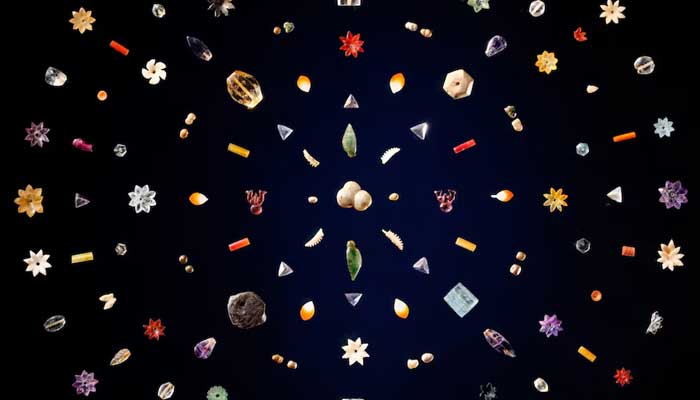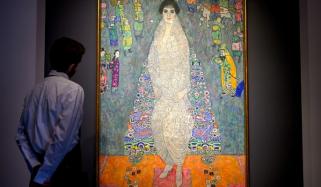
Sotheby's, one of the largest brokers of fine art and historic artefacts, has put the auction of gems relics linked to the Buddha on hold.
The shocking move was made after the Indian Ministry of Culture warned that if the motion proceeds, they would take a legal action for the "violations of cultural heritage laws."
The sale of the Piprahwa gems was set to take place in Hong Kong on Wednesday, May 7.
Sotheby's statement about the gems auction
In a statement, Sotheby's shared that the auction would be postponed so that a discussion can take place between the sellers, three descendants of William Claxton Peppé and the Indian government.
Peppé was a British colonial landowner who discovered the gems on his estate in northern India in 1898.
According to the legal notice issued to the British-funded multinational cooperation, the culture ministry informed the auction house that the gems need to be treated as the sacred body of the Buddha.
Along with that, if a potential sale took place, it would be "participating in continued colonial exploitation."
The letter also noted that Peppé's great-grandson Chris Peppé, a Los Angeles-based TV director, did not have any authority to sell the relics.
Furthermore, the gems were described as "inalienable religious and cultural heritage of India and the global Buddhist community."
Gems relics and its link with Buddha
The 334 gems, which were expected to sell for around HK$100 million included coral, pearls, shells, garnets, amethysts, gold, and rock crystals, and were either part of a jewellery or in their original form.
They were originally buried in a dome-shaped monument called a stupa, in Piprahwa, in present-day Uttar Pradesh, India around 240-200 BC.
During the time, they were mixed with some of the cremated remains of the Buddha, who died in 480 BC.
The British government took the treasure found by Peppé due to the 1878 Indian Treasure Trove Act.
They gave some bones and ash to the Siam's King, while most of the 1,800 gems went to a museum in Kolkata, however, Peppé kept about 1/5 of them.












